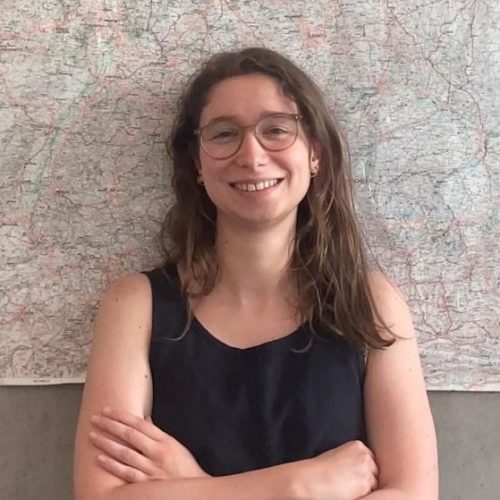PhD Project
Tropical dry forests have experienced some of the highest deforestation rates, putting at risk their unique biodiversity, key ecosystem services, and local livelihoods. Deforestation is increasingly driven by agriculture that seeks to produce commodities for global markets. As demand for these commodities rises, further expansion is anticipated. The overarching goal of the PhD is to better understand why deforestation frontiers in tropical dry forests emerge, what their socio-ecological impacts are, and how these frontiers could be governed towards sustainable outcomes. These will be explored by answering the following questions:
- What are the main types of deforestation frontiers in tropical dry forests?
- What are global and local-scale socio-ecological impacts of different frontiers and
- Which governance and policy options might steer land systems towards desired pathways?
Specifically, Ana will develop and map a typology of frontiers globally and assess their impacts in terms of biodiversity and carbon emissions. Then she will zoom in on two dry forest regions, one with established and dynamic frontiers, the South American Chaco, and one where frontiers are only emerging, the Africa’s Miombo region, to perform a comparative study. A mixed-methods, social-ecological system framework will be applied to investigate these frontiers’ socio-ecological impacts and to identify policy options to steer these systems towards more sustainable futures. This project will make substantial contributions to land systems science and sustainability science by carrying out the first comparative analyses of frontier dynamics and their social-ecological outcomes in tropical dry forests. This project is supported by FCT – Fundação para a Ciência e a Tecnologia, I.P., under PhD grant SFRH/BD/143236/2019.



